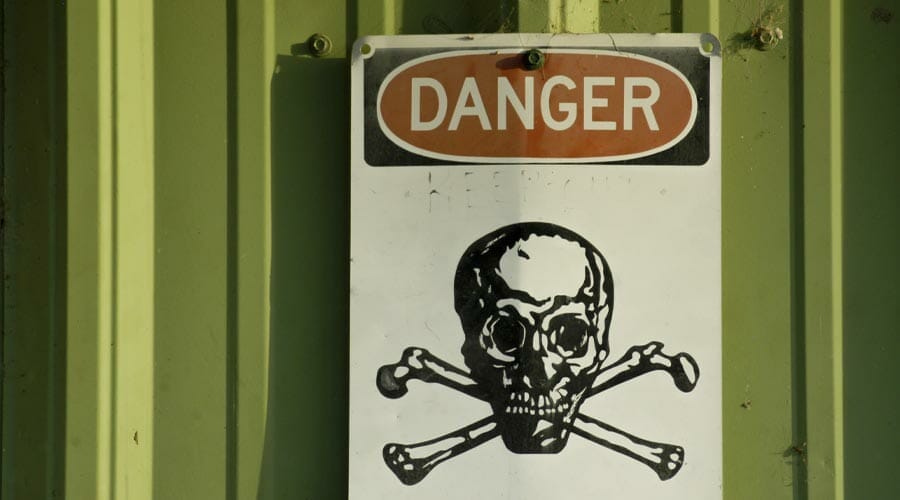Poisoning Awareness
Let’s Raise Awareness for National Poison Prevention Week
Poison Prevention Week, held during the third week of March, reminds us that some of the deadliest and most dangerous items in our homes are hiding in plain sight. Most of us are aware of the poisons in our household cleaners and pesticides and store them in places like garages or under our home sinks. However, there is a whole host of other items that are commonly overlooked yet can also be dangerous, such as art supplies, plants, medicines, and food.
The Consumer Product Safety Commission reports that accidental poisoning accounts for more than two million calls each year to poison control centers – and more than 80,000 visits to emergency rooms. In 2018, the Washington Poison Center (WAPC) handled 113,586 phone calls and managed 64,140 cases, with more than 311 calls and 175 cases per day. Children six and younger accounted for 46% of all human exposure patients in Washington State.
Key Prevention Tips
- Lock them up and away
Keep medicines and toxic products, such as cleaning solutions and detergent pods, in their original packaging where children can’t see or get them. Be aware of any legal or illegal drugs that guests may bring into your home. Ask guests to store drugs where children cannot find them. Children can easily get into pillboxes, purses, backpacks, or coat pockets.
- Know the number
Program the Washington Poison Center phone number, 1-800-222-1222, into your cell phone. Call the poison control center if you think a child has been poisoned, even if they are awake and alert.
- Read the label
Follow label directions carefully and read all warnings when giving medicines to children. Use only the dosing device that comes with liquid medicine and not a spoon or cup.
- Dispose of them properly
Safely dispose of unused, unneeded, or expired prescription drugs and over the counter drugs, vitamins, and supplements. To dispose of medicines, turn them into a secure King County Drop Box.
Remember, although some of them can be sweet and come in playful shapes, medications are not candy. Never entice your child to take their medicine or vitamin by referring to it as “candy” or a “treat.” That approach may make it easier to get one dose in but it may also lead to a poisoning later.
The Washington Poison Center can be reached 24 hours a day, seven days a week. Always call 911 if you have a poison emergency and your child has collapsed or is not breathing.
Together we can help prevent accidental poisonings in our homes and community.
For more information about home safety, contact our Public Information Officer (PIO), Catherine Breault, at cbreault@wf-r.org.

